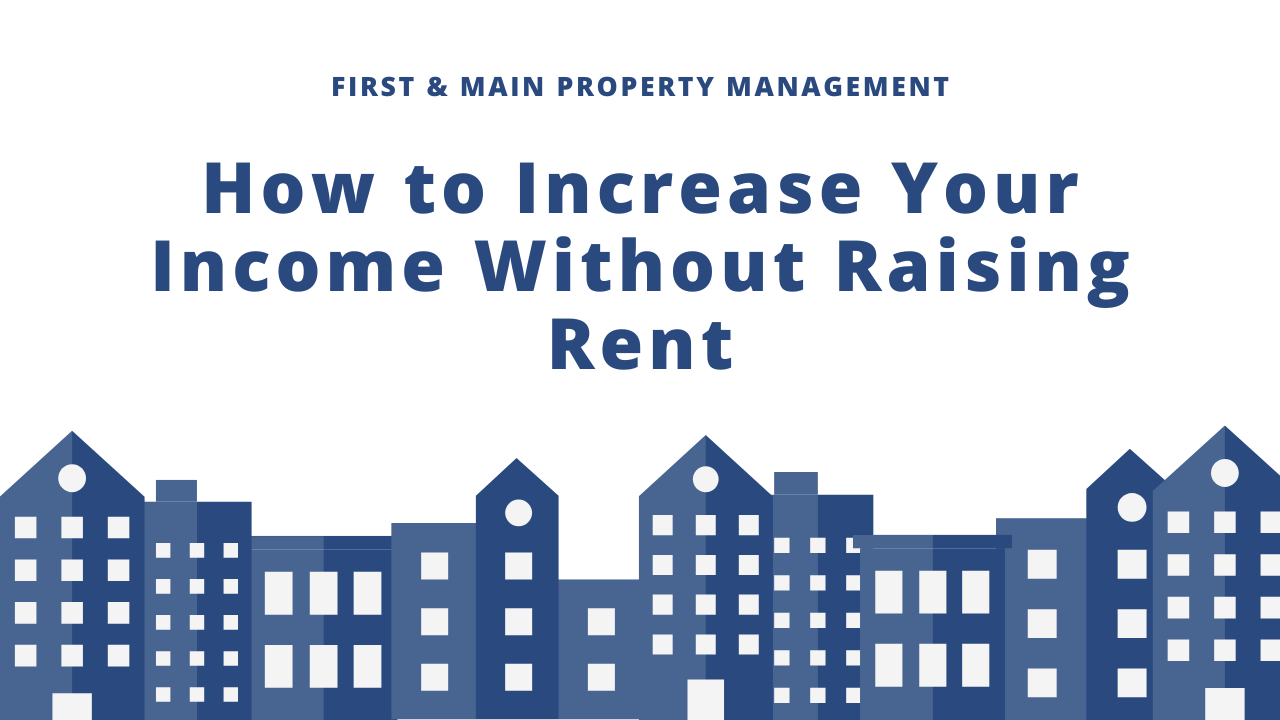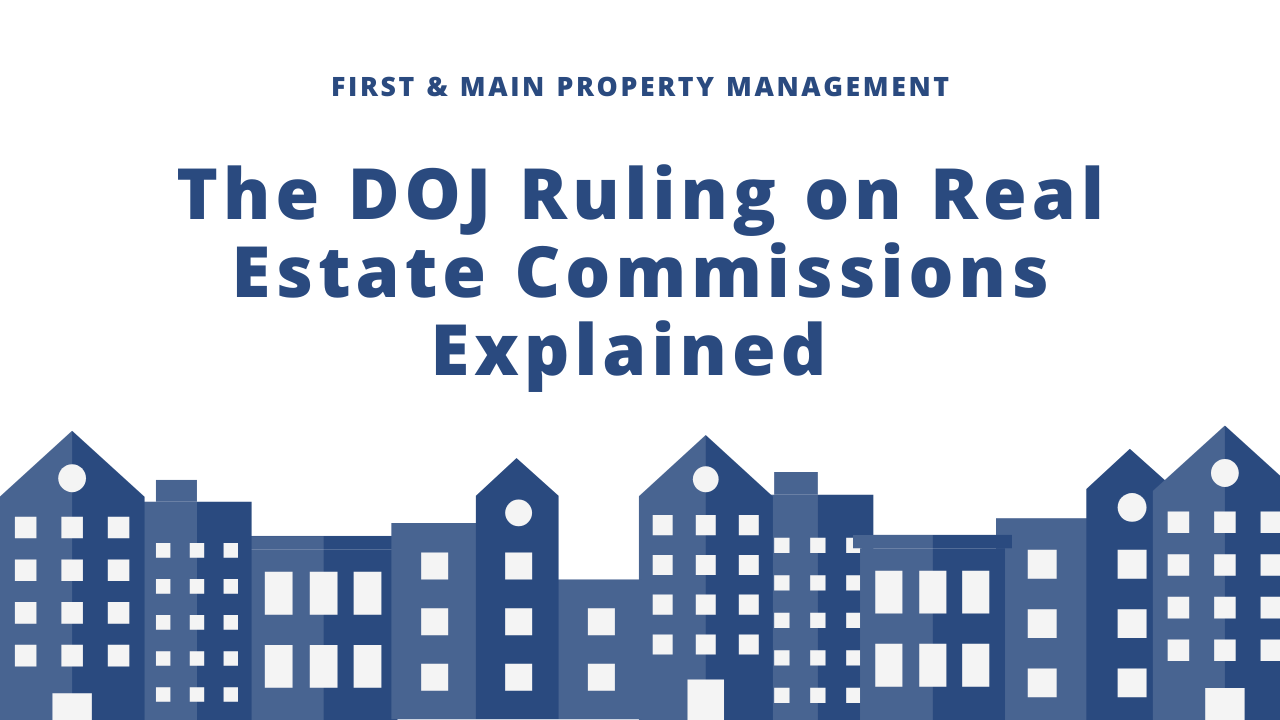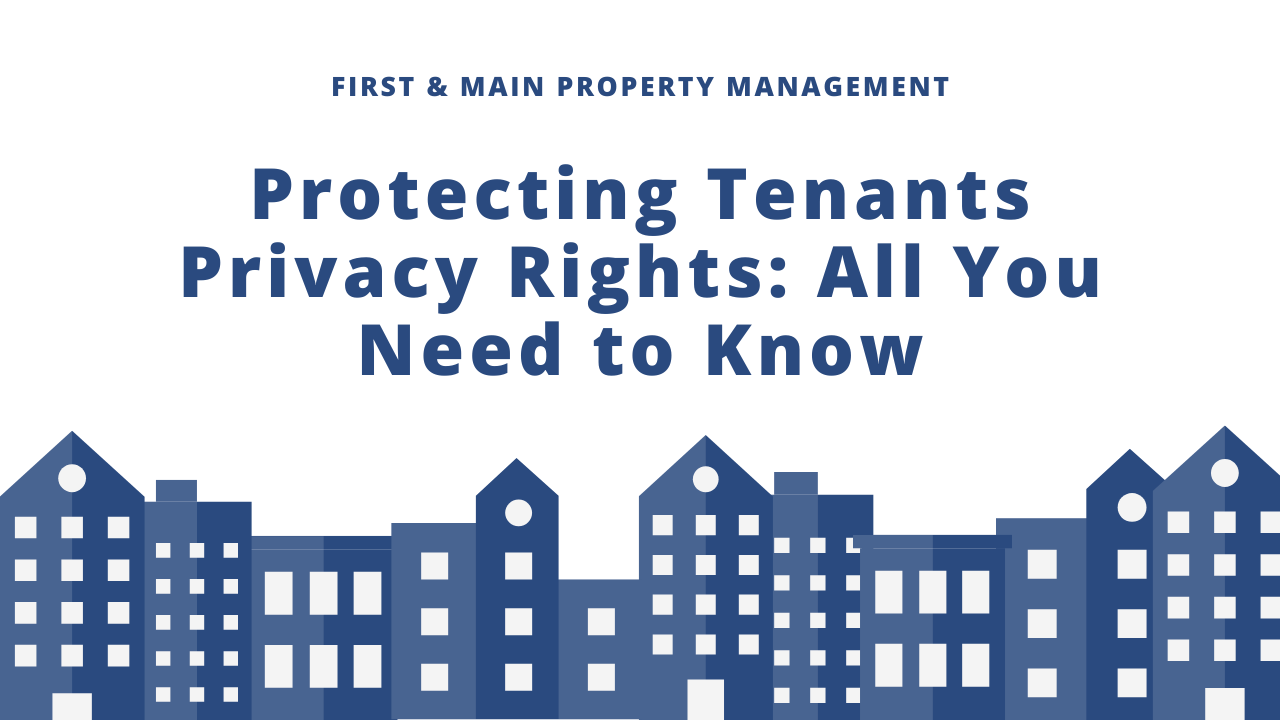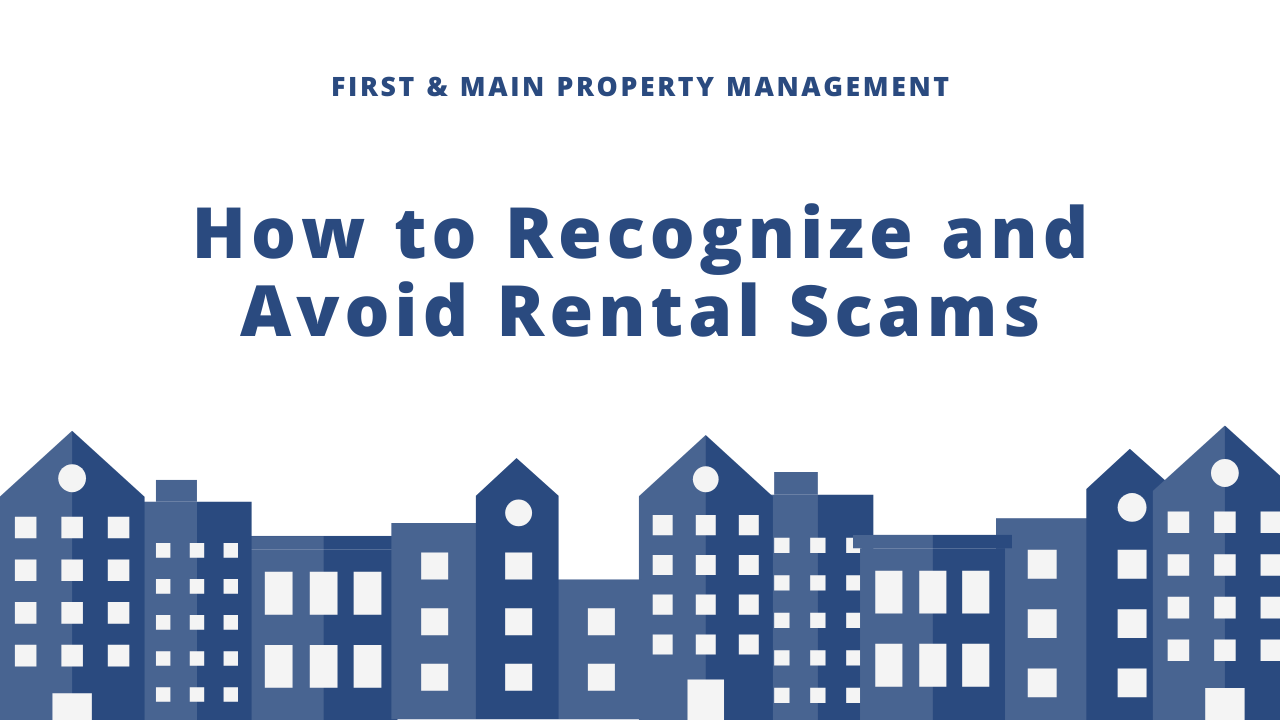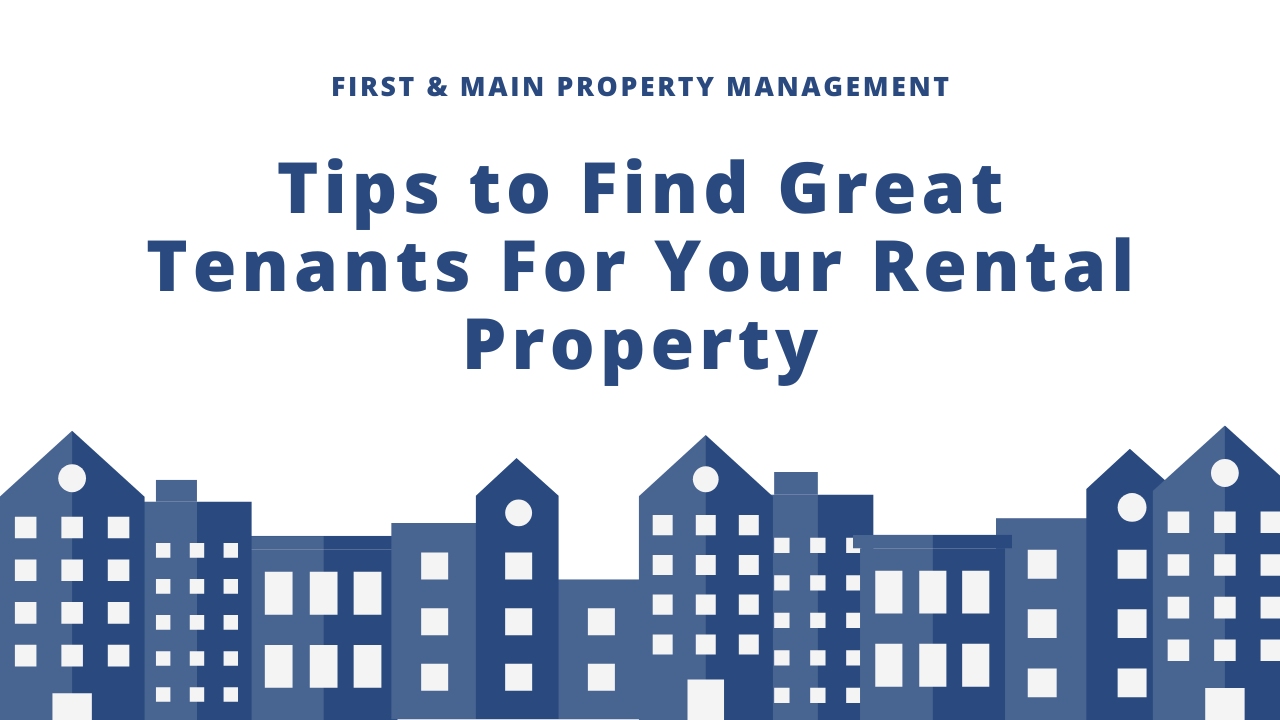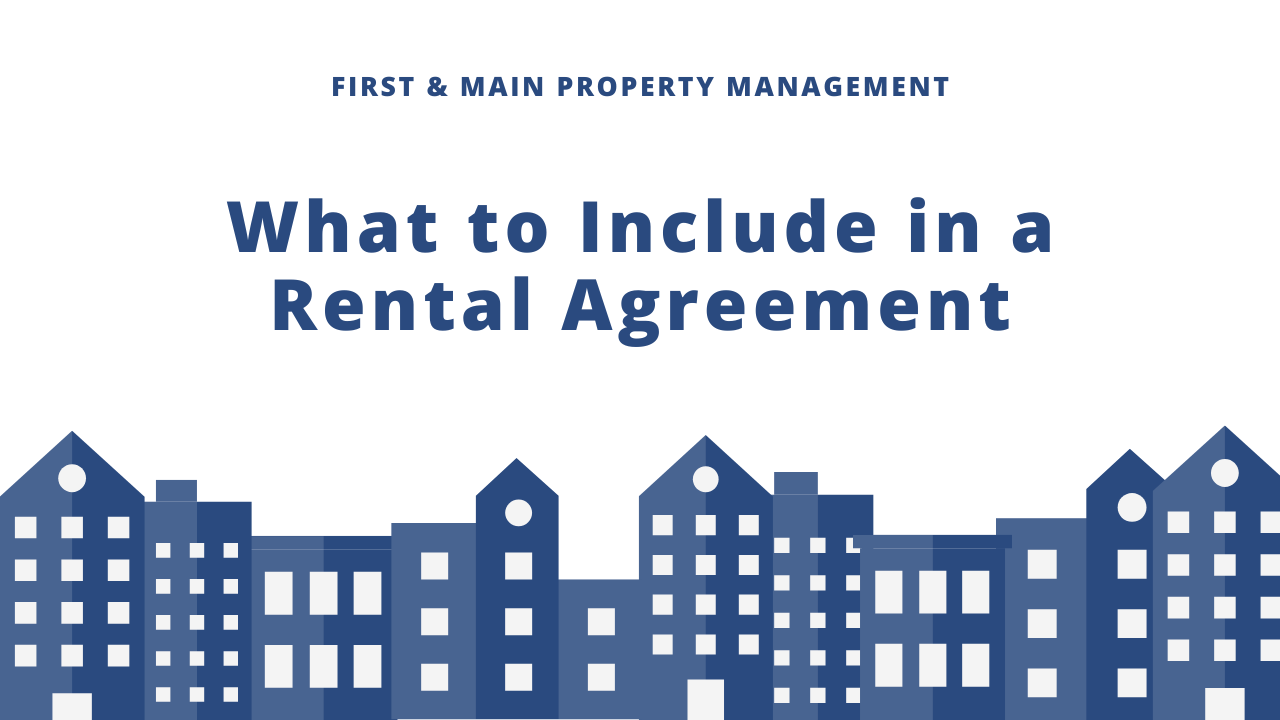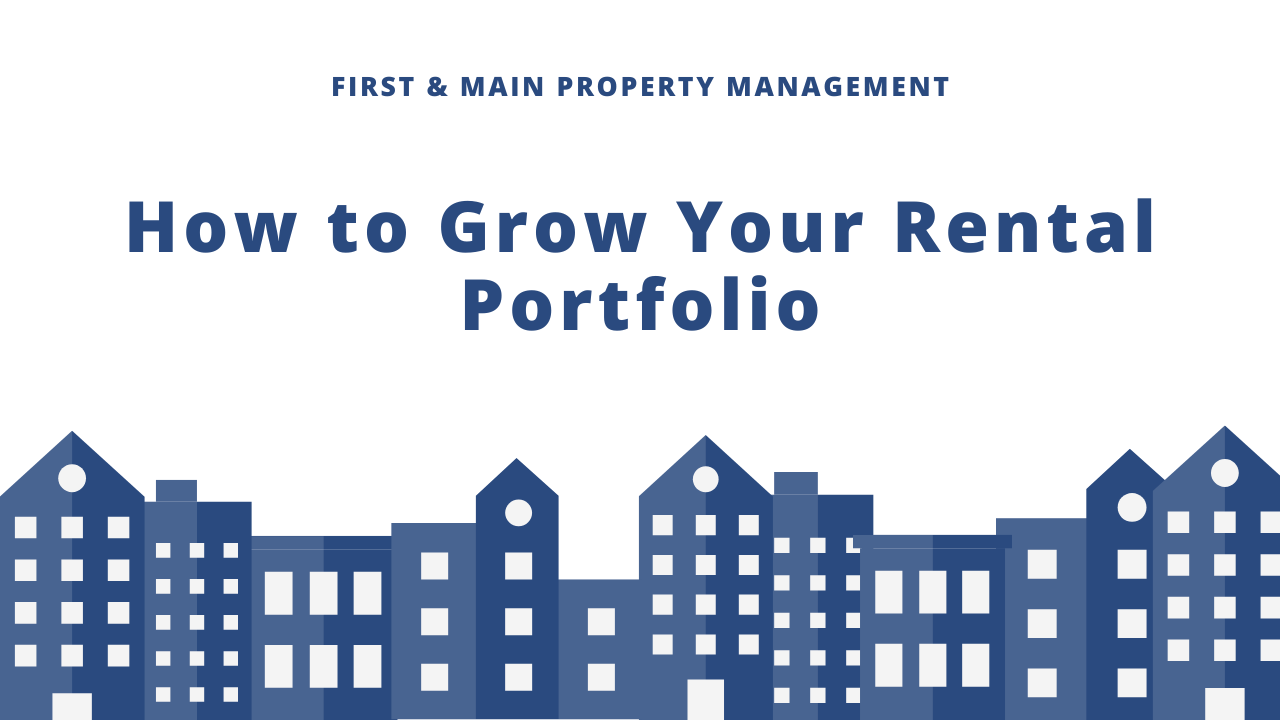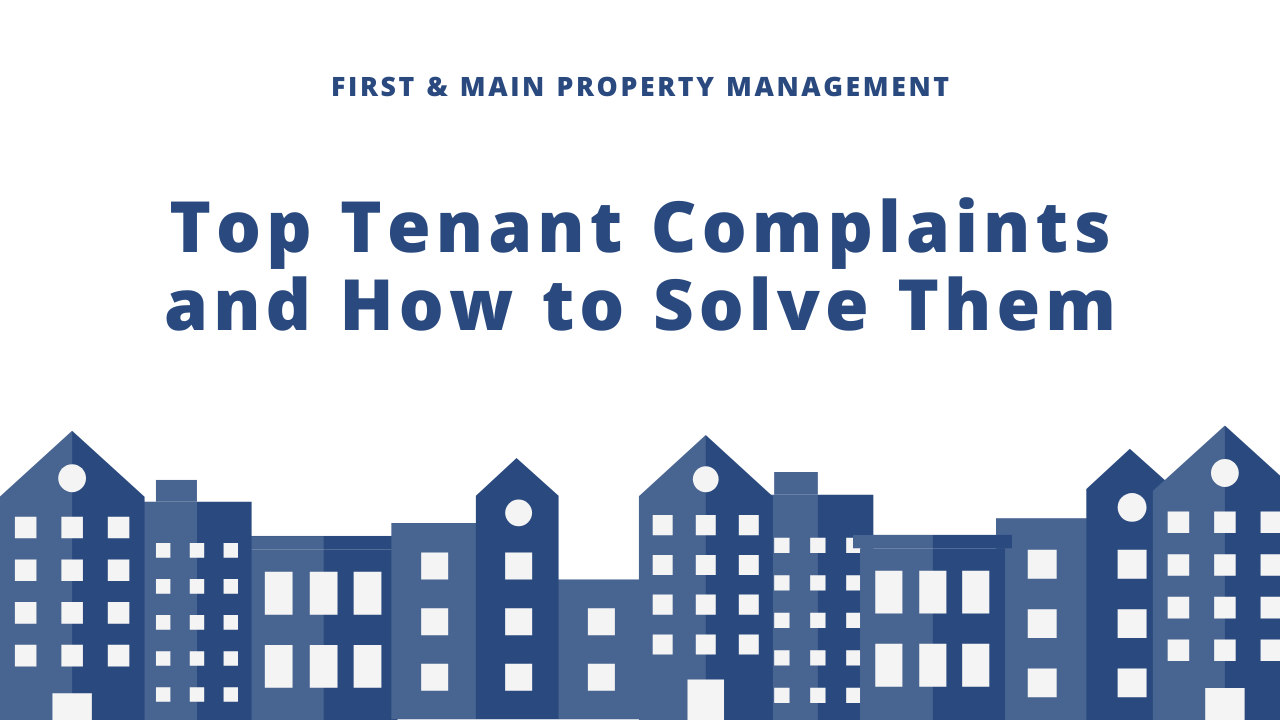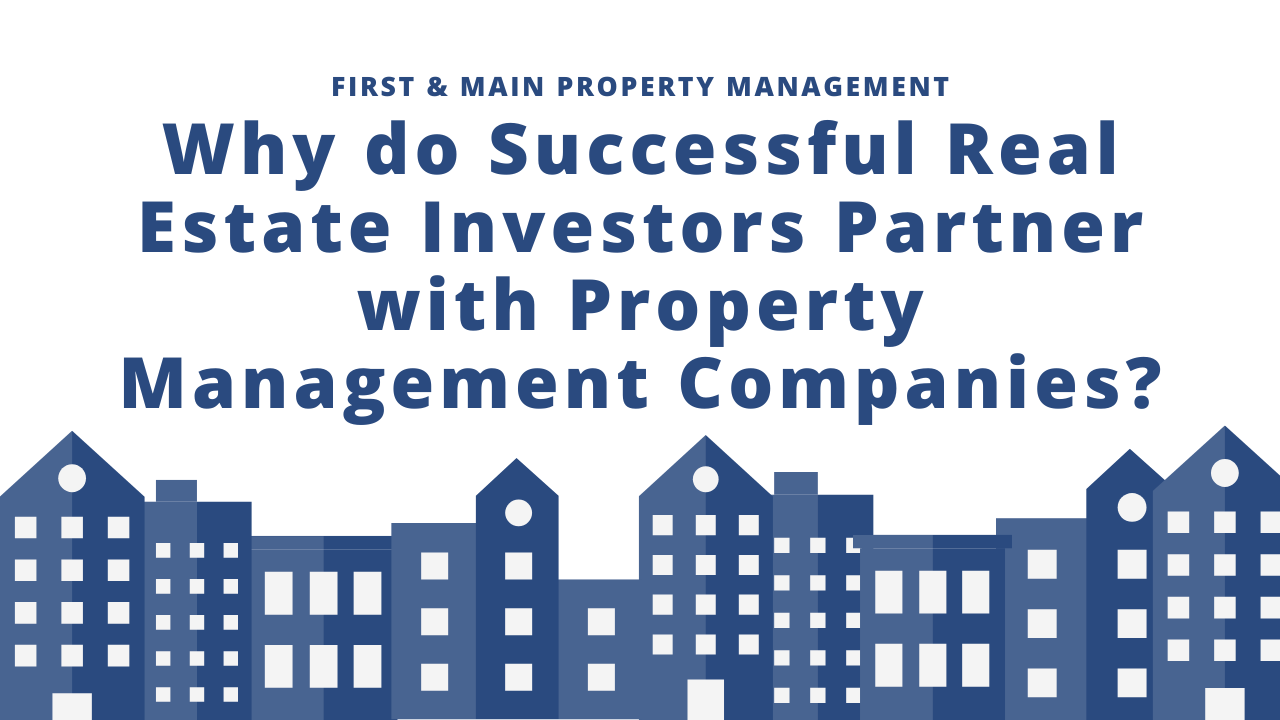Investing in Out-of-State Property: A Guide for Rental Property Owners
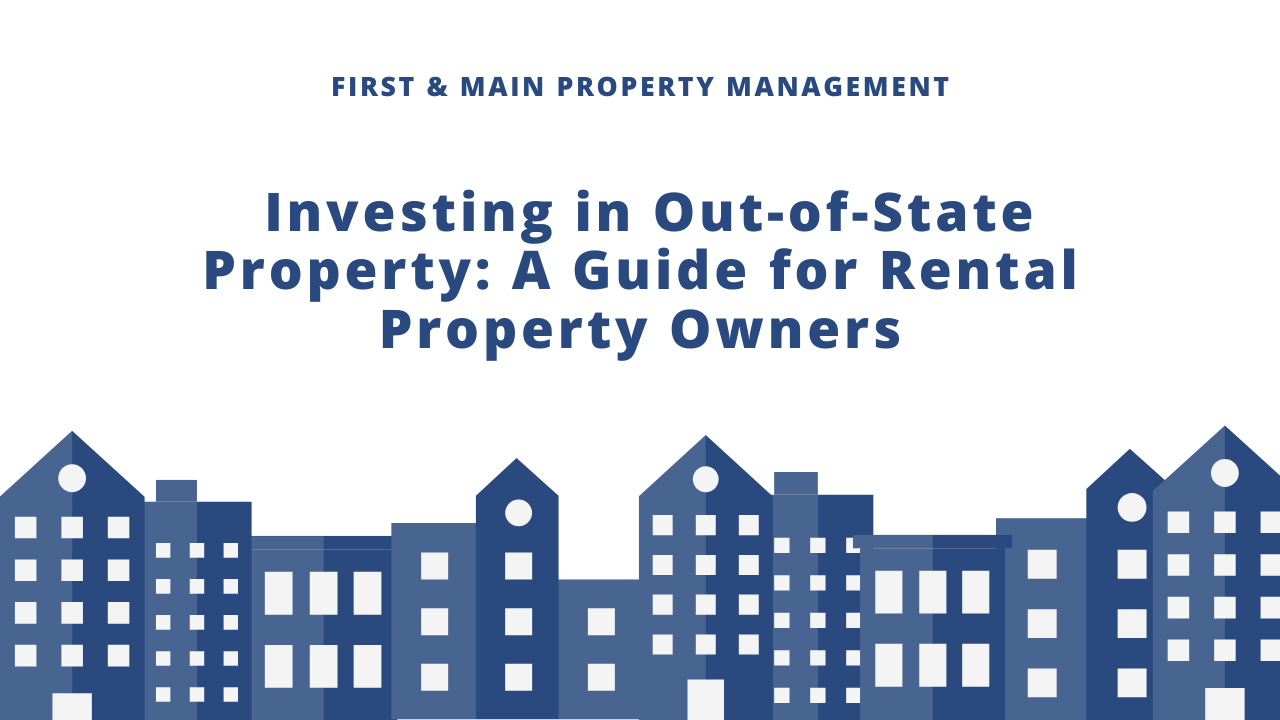
Key Takeaways
- Diversify Your Portfolio: Investing in out-of-state properties reduces reliance on a single market, helping to mitigate risks and ensure long-term stability.
- Explore Affordable Markets: Access more affordable regions with higher rental yields and better appreciation potential, maximizing your returns while reducing capital requirements.
- Leverage Local Expertise: A strong local network—real estate agents, property managers, and contractors—ensures smooth management and mitigates challenges when investing remotely.
Ever wondered how you could expand your real estate portfolio without being limited to your home state? Investing in rental properties beyond your local market can be a highly effective way to diversify your investments, tap into high-growth areas, and boost cash flow.
But, as with any strategy, it’s not without its challenges. Navigating legal complexities, understanding unfamiliar markets, and managing properties from afar can all pose significant hurdles.
That’s where First & Main Property Management comes in.
With the right knowledge and the support of experienced property management professionals, you can successfully invest in out-of-state properties while minimizing risk and maximizing returns.
Here’s what you need to know to make out-of-state investing a profitable and smooth venture.
Why Invest in Out-of-State Properties?
Portfolio Diversification
Investing in out-of-state rental properties helps diversify your portfolio, reducing reliance on a single market.
If one area faces an economic downturn or weak rental demand, other markets can offset potential losses, providing long-term stability and risk mitigation.
Access to More Affordable Markets
Real estate prices vary widely across the country.
By investing in more affordable states or cities, you can find properties with higher rental yields and better appreciation potential than in your local market.
For example, if you live in a high-cost area like California, you could buy multiple properties in more affordable markets like Texas or Ohio for the price of one back home, maximizing your returns while reducing capital requirements.

Higher Cash Flow Potential
Some states and cities have stronger rental markets, where rental demand is high, and property prices are still relatively low.
These conditions create opportunities for positive cash flow, where rental income exceeds mortgage payments, taxes, insurance, and maintenance costs.
Markets with a strong job market and population growth often offer better rental income opportunities.
Tax and Legal Benefits
Each state has its own real estate tax policies and landlord-tenant laws.
Some states have lower property taxes, no state income tax, or landlord-friendly laws that make property ownership and management easier.
Evaluating these tax benefits and legal conditions can help investors choose a market that aligns with their investment goals.
Challenges of Investing in Out-of-State Properties
While the benefits are attractive, out-of-state investing comes with risks and challenges.
Here’s what you need to consider:
Market Unfamiliarity
Not knowing the local market conditions, tenant demographics, and economic trends can lead to poor investment decisions.
Understanding neighborhood desirability, employment opportunities, and future development plans is crucial to ensuring a property’s long-term success.
Managing Properties Remotely
Handling property issues as a long distance landlord can be difficult.
Property maintenance, tenant concerns, and emergencies require a reliable solution.
Without proper oversight, small issues can escalate into costly repairs, legal disputes, or tenant dissatisfaction.
Legal and Regulatory Variations
Landlord-tenant laws differ by state and even by city.

Rental regulations, security deposit rules, eviction processes, and lease requirements vary widely.
Failing to comply with these laws can result in fines, legal disputes, or tenant issues.
Increased Travel Costs and Limited Oversight
Investing in an out-of-state property means you may need to travel to inspect the property periodically.
While this isn’t always necessary, relying solely on reports from a local property manager or real estate agent might not give you a complete picture of your investment.
Best Practices for Successful Out-of-State Property Investing
Conduct Thorough Market Research
Before purchasing a property, research the market extensively. Consider factors such as:
- Job growth and economic stability.
- Population trends and rental demand.
- Vacancy rates and rental income potential.
- Future infrastructure and development projects.
Websites like Zillow, Realtor.com, and local government reports can provide valuable insights into these factors.
Build a Local Network
Having a team on the ground is essential for success. Your local network should include:
- Real estate agents who understand the market.
- Property managers who can handle day-to-day operations.
- Contractors and maintenance professionals for repairs.
- Attorneys familiar with local landlord-tenant laws.
- A reliable accountant for tax planning.
A strong local team ensures that you can effectively manage your investment even from afar.
Visit the Market and Property
While online research and virtual tours are helpful, nothing beats an in-person visit.
Walking through the property, exploring the neighborhood, and meeting with local professionals provide valuable insights that might not be apparent from afar.

Secure the Right Financing
Financing an out-of-state property can differ from securing a mortgage in your home state.
Work with lenders familiar with the market and explore options such as:
- Conventional loans.
- Portfolio loans.
- Hard money loans (for fix-and-flip investors).
- Seller financing (if available).
Comparing different financing options helps secure the best terms and rates for your investment.
Work with a Professional Property Management Company
One of the best decisions an out-of-state investor can make is hiring a property management company.
A professional property manager ensures the property runs smoothly, tenants are happy, and rent is collected on time. Here’s how they help:
Benefits of Professional Property Management
- Tenant Screening and Retention: A good property manager screens tenants thoroughly, reducing the risk of late payments, evictions, and property damage.
- Local Market Expertise: Property managers have in-depth knowledge of local rental laws, pricing trends, and tenant expectations.
- Maintenance and Repairs: A property management company handles routine maintenance and emergency repairs promptly. Their network of trusted contractors ensures quality work at competitive prices, protecting your property’s value.
- Rent Collection and Financial Management: A property manager ensures timely rent collection and enforces lease agreements, preventing late payments and financial losses. They also provide financial reports, helping investors track their property’s performance.
- Legal Protection and Compliance: State and city rental laws frequently change. A professional property management company stays updated on landlord-tenant regulations, ensuring your property remains legally compliant and reducing the risk of costly legal issues.
Final Thoughts
Investing in out-of-state rental properties can be a lucrative strategy when approached with care.
It offers benefits like portfolio diversification, access to more affordable markets, and higher cash flow potential.
However, it requires thorough planning, research, and a reliable local network to manage risks.
Partnering with a professional property management company, like First and Main, is crucial to success.
Our expertise in tenant screening, maintenance, and legal compliance can help safeguard your investment while maximizing returns.
By staying informed, following best practices, and leveraging professional support, you can build a thriving out-of-state rental portfolio that generates long-term wealth and financial security.
For more guidance, reach out to
First & Main Property Management.

